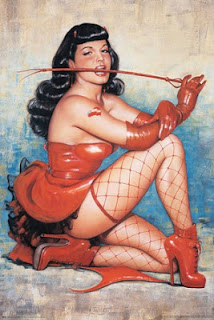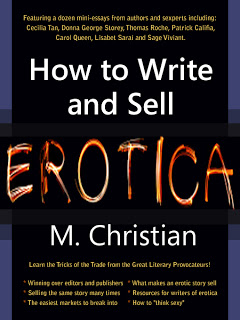By: Craig Sorensen
“We’re you just going to leave without saying goodbye?”
“I just haven’t had time, it’s been crazy trying to get this cross-country move this together.”
“Yeah, I know, but I gotta bust on you.”
Yes, he did. He had for over a quarter of a century. He busted on me about work, busted on me about home, delivered digs with a serious face, but once I got to know him, I learned to read his eyes. He was a curmudgeon, even when we first met and we were young men.
Truth was, in a way, he remained young, despite his hair, graying and receding as it did over the years. He was in amazing shape, even on this day when I was loading crap into the POD for the cross-country move, and he rode up on his trusty bicycle.
He complained about things, but he worked his ass off as hard as anyone I knew. When another member of his team trashed an important disk drive on a Friday and brought the system I supported to its knees, G was in all weekend working to recovering the lost data. It was not an easy job, and for a time it looked like I’d have to work my ass off to rebuild from scratch. My stomach was in my throat at the thought.
But he got the job done. Come Monday, you wouldn’t have known the near catastrophe that befell our system.
He called me once from Colorado during one of his biking trips to check on a problem that had occurred. He was on vacation, but he wanted to be sure everything was okay, and he’d found a small pocket of cell reception in his cross country ride. I told him we had it in hand. “Okay, call me if you need me. I’ll be checking in.”
He was always there for people. He was always checking in. Give you the shirt off his back. He’d say things like “I don’t give a shit.” But he always did, when it came down to it. He had a great sense of humor. His smiles were usually small and wry, occasionally opening briefly into a wicked apex. His eyes had a constant gleam in them, even in the worst of times.
I didn’t know a person who knew G that didn’t like him.
Monday, he wrote me an email. My former employer, his present one, was having a problem with a set of files I used to maintain, and no one could figure it out. Often, when that happened, they’d turn to G. “I don’t have a clue,” he wrote. I explained about the files and what had been done to fix them in the past.
“Thanks,” he wrote back simply.
Tuesday, at lunch, he went to work out. They say he passed out, and they could not revive him. Later that afternoon, a second heart attack and G was gone.
Some might say it was ironic that he worked out pretty much every day of his life, and he died so suddenly, working out. But I know that the only way he would rather have gone would have been on the back of his bike, somewhere between there and here, taking pictures of dead skunks on the road which he would use as wallpaper on his PC at work, or perhaps running into the ice cold ocean in January with a group of crazies, only to emerge with one of those twisted smiles, and have his picture taken with his arm around an attractive young woman he didn’t know know, but just asked if she’d pose with him.
She was grinning too.
It is now 2500 miles between me and where he died, and it was all so sudden. I could not make it to the service, but I asked a friend to tell me how it went. “Craig, it was more like a block party than a memorial. There were people lined up outside on the sidewalk.”
And that was how it should be.
G was a good man, a good friend, a good coworker, and he left this plane far too soon for my taste.
Less than 24 hours before his death, his last word to me in an email: “Thanks.”
I wish I’d had a chance to thank him.
G was the sort of man a fiction writer wishes they could craft. The gold-standard of character. Funny as hell, smart as a whip, determined, vital and vibrant and alive every day he was on this earth, and complaining all the way. Did I say good man? No, he was great.
Truly great.
I had started a story about a week before I got word of his passing, and central to the plot was dealing with death. Perhaps there is some significance to this timing, I’ve found that life and fiction have a way of merging. But fiction is always fiction, and life is always life. Finding a center ground is where the magic happens, methinks. That short story I started has since expanded to be a novella. I continue to work on it, with love, and with passion.
My contribution to this blog is about pivot points, and there are no greater ones than how life begins, and how it ends.
Well, maybe I’m wrong about that one. There is this big-assed middle part to tend to, and I suppose that is what makes those beginnings and ends so significant.
That is where character is formed and proofed.
I miss you, G. Thank you for living, and for inspiring me in so many ways. Thank you for sharing your bigger-than-life character.








